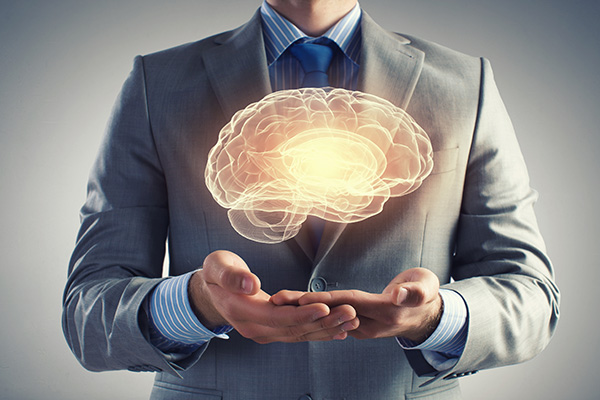What Happens to the Brain During TMS Treatment

The TMS treatment process provides an alternative for people who have not experienced positive results after taking antidepressants. It also serves as an alternative for patients who prefer a medication-free approach to treating depression.
Talk therapy and psychotropic drugs are the standard treatments for depression, and they are effective in most cases of depression. However, some people do not respond to medication, which often leads to psychiatrists recommending alternative treatments like transcranial magnetic stimulation.
The TMS treatment process involves sending magnetic waves into the patient's brain to improve their brain chemistry. Read on to see what happens to the brain when exposed to these magnetic pulses.
How the TMS treatment process affects the brain
TMS therapy is a non-invasive procedure the Food and Drug Administration (FDA) approves to treat depression. A magnetic coil is positioned on the patient's head to stimulate the brain during the procedure. The coil is repetitively switched on and off, sending magnetic waves into the patient's brain.
The procedure typically targets the prefrontal cortex when used to treat depression. The prefrontal cortex manages emotions and mood. TMS therapy has been proven to effectively reduce the symptoms of depression even after medication has failed.
The magnetic pulses used for the treatment are converted into electrical currents inside the brain. These currents stimulate neurons in the brain that were deactivated. These areas become activated, releasing more neurotransmitters. These neurotransmitters are chemicals made in the brain that allow neurons to create new pathways between different brain regions and allow them to communicate with each other.
When transcranial magnetic stimulation is used to treat depression, neurons in the left side of the prefrontal cortex are activated to stimulate the mood pathway in the brain, helping to regulate mood and emotions. This typically reduces the symptoms of depression. TMS therapy also makes neurons more susceptible to reorganization. It makes it easier for the brain to create new pathways.
The process
TMS therapy usually starts with a psychiatrist creating a map of the patient's brain with magnetic resonance imaging (MRI). This allows the psychiatrist to identify ideal areas of the brain to target during the treatment.
During the first TMS session, a magnetic coil is placed on the patient's head while seated. Earplugs are provided to protect against the loud clicking sounds made by the coil. The patient's motor threshold is established during the first appointment by increasing the magnetic pulses' intensity until they force the patient's fingers or hands to twitch.
TMS treatment involves getting up to five treatments per week for up to six weeks. Each session lasts about 20 to 45 minutes, with the first appointment being the longest since the patient's motor threshold needs to be determined before starting the treatment. TMS treatments can provide relief from the symptoms of depression for years, and patients start noticing improvements in as few as two weeks after starting treatments.
An alternative way to treat depression
Give us a call or drop by our New York clinic to learn more about TMS therapy and to set up an appointment with our psychiatrist.
Request an appointment here: https://www.hopetmsofny.com or call Hope TMS and Neuropsychiatric Center at (646) 578-8152 for an appointment in our New York office.
Check out what others are saying about our services on Yelp: TMS Treatment Process in New York, NY.
Recent Posts
PTSD syndrome can shape your daily experiences in significant ways, from your emotional balance to your physical health and personal stability. Symptoms of PTSD can become an invisible burden that affects your routine and interpersonal connections. While these symptoms vary from person to person, they can impact every corner of your life without the right…
Adult ADHD therapy supports individuals navigating challenges with focus, time management, and emotional regulation. While attention deficit hyperactivity disorder, or ADHD, is commonly diagnosed in childhood, its symptoms can persist into adulthood, often interfering with careers, relationships, and daily tasks. Professional therapy offers a structured approach to managing these difficulties and building long-term strategies for…
Transcranial magnetic stimulation, also known as TMS treatment, is an innovative and noninvasive therapy for several mental health conditions. By using magnetic fields to stimulate specific areas of the brain, TMS is an effective treatment for cases where traditional methods have provided little to no relief. It is important to know which mental disorders are…
A TMS doctor focuses on safety, evidence, and practical results when discussing transcranial magnetic stimulation for depression and related conditions. This noninvasive therapy uses targeted magnetic pulses to activate specific brain networks. Strong safety protocols, careful screening, and consistent monitoring provide patients with a clear path to relief while allowing them to maintain their everyday…


